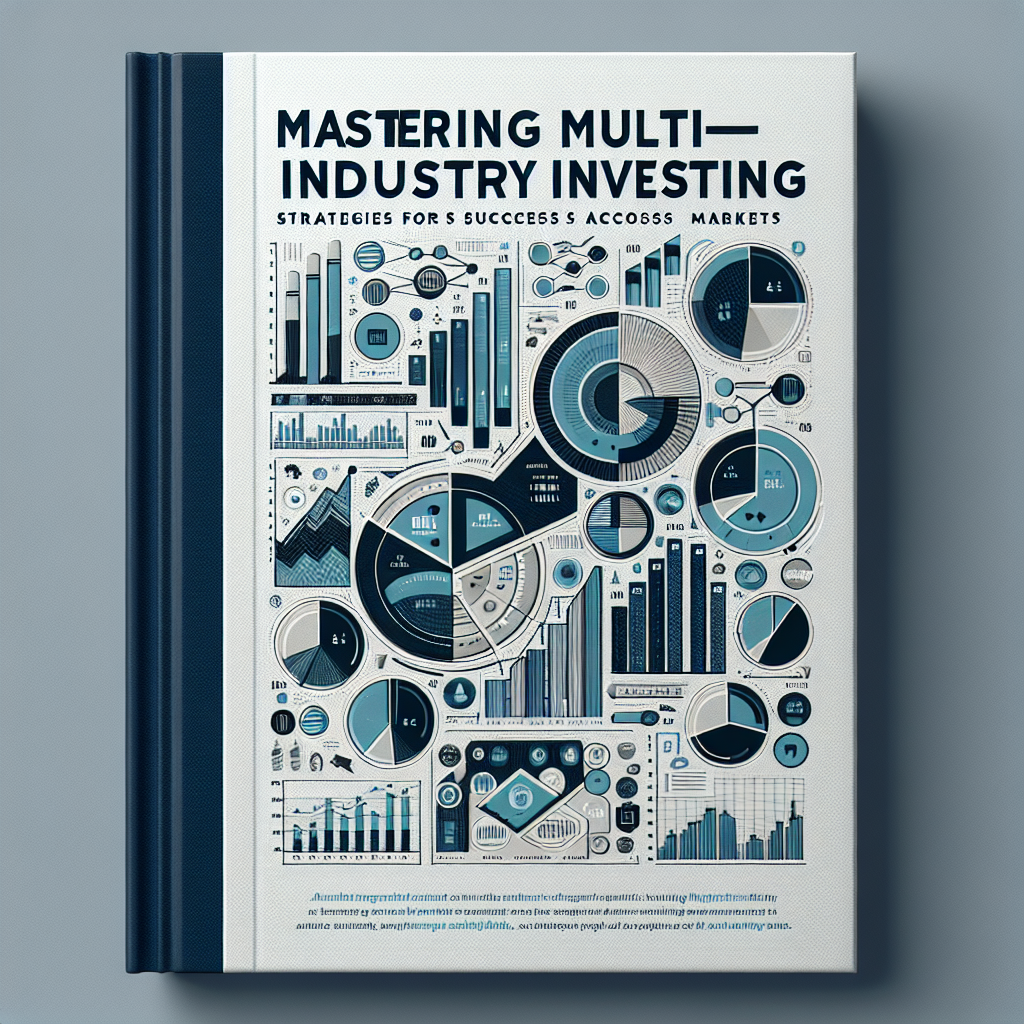Is It Possible to Control and Succeed in Multiple Industries While Investing Simultaneously?
In trading, there’s often a lingering question among traders and investors alike: Can you effectively manage and excel in multiple industries or markets while investing simultaneously? The short answer is yes—it’s possible. However, “possible” doesn’t necessarily mean it’s easy or without significant challenges. The path to mastering multiple markets comes down to understanding, preparation, discipline, and managing time effectively.
### The Core Principle: Know Your Markets
One of the golden rules of investing is to focus on markets that you genuinely understand. During a recent podcast episode featuring Udo Depic, the visionary behind Skypex Trading Academy, he highlighted a simple yet profound guideline: Invest in what you know and trust. Whether it’s stocks, forex, cryptocurrency, or emerging markets, your success hinges on your ability to research extensively and become knowledgeable about the industries involved.
Emerging markets, for instance, present lucrative opportunities but require a deep understanding of the local economic conditions, currency fluctuations, and business environments. As Udo pointed out, creating a connection with the market you’re trading—perhaps by living in or frequently visiting the region—can help align your investments with tangible experiences and informed judgments.
### Time Management: The Real Asset
One critical skill traders and investors must develop is time management. Balancing trades and investments across industries while juggling a full-time job, a family, or other obligations can seem overwhelming without structured time allocation. Many fall into the trap of saying they lack the time to build a strategy or conduct research when, in fact, they’re mismanaging their schedules.
Time is a resource you control. Udo emphasized the power of reclaiming hours from non-productive activities, such as excessive Netflix binges or endless social media scrolling, and channeling them into learning and market research. Incorporating specific time slots in your day to monitor trades, expand your market knowledge, or analyze past decisions can compound your effectiveness across industries.
### Diversification Without Overreach
There’s a fine line between diversification and overextending yourself. While diversification reduces risk, spreading your time and capital across too many industries or asset types can dilute your focus and results. It’s critical to start small and expand as you build expertise and confidence.
For example, you can choose complementary markets, such as trading equities and forex or indices and commodities, since they often correlate and can enhance understanding of macroeconomic trends. However, jumping between industries with opposing or unrelated dynamics, such as tech stocks and crypto, without adequate research, can become a recipe for chaos.
### Setting Clear Goals
If you aim to succeed in multiple markets, you’ll need clearly defined income and growth goals for your trades. The Skypex Academy recommends mapping out realistic expectations for your returns—knowing that steady, long-term gains are more sustainable than chasing high-risk, high-reward opportunities.
For instance, targeting 10-20% annual returns while maintaining low risk across various trades allows you to grow your portfolio without creating undue stress. As Udo eloquently put it, when you approach trading calmly, without putting your livelihood on the line, it becomes easier to make rational decisions and weather the inevitable swings in the market.
### The Role of Automation and Management Tools
In today’s trading landscape, automation and management tools—whether for crypto trading, forex, or equities—can simplify the process of managing multiple investments. Setting up stop-loss orders, automated trading systems, or alerts for market shifts helps traders monitor volatility across different markets without becoming overwhelmed.
However, it’s essential to remember that even the most advanced tools won’t replace the critical thinking and decision-making skills you acquire through experience.
### Trading Multiple Markets Demands Mindset and Skills
The podcast reinforced a crucial insight: Developing the right mindset is pivotal to succeeding in multi-market trading. When individuals invest out of desperation—attempting to plug income gaps—it introduces significant emotional stress into the decision-making process. Instead, trading should represent an opportunity for financial growth, not a life-or-death level of survival.
Udo recommended separating trading capital from your core living income, using trading profits for luxuries or savings, not daily expenses. This separation reduces emotional decision-making and fosters a healthier trading outlook.
Additionally, traders should prioritize continuous learning. The financial landscape is dynamic, whether due to elections, economic cycles, or market innovations. As explained during the episode, keeping up with trends, news, and data analysis ensures that your trades remain rooted in logic rather than speculation.
### The Value of Community in Trading
Even the best solo traders can benefit from engaging with a community of like-minded individuals. Platforms like Skypex foster these opportunities by creating educational environments centered on collective learning. Sharing strategies, analyzing successes, and understanding mistakes from experienced peers can sharpen your skills exponentially.
While managing investments in multiple industries is challenging, the right combination of knowledge, time management, discipline, and tools makes it achievable. It’s not about trying to conquer every market simultaneously; it’s about mastering the art of focusing on what works for you and building smart systems to sustain long-term success. Remember, wealth isn’t built overnight, and sustainable trading requires patience, adaptability, and consistent effort.

